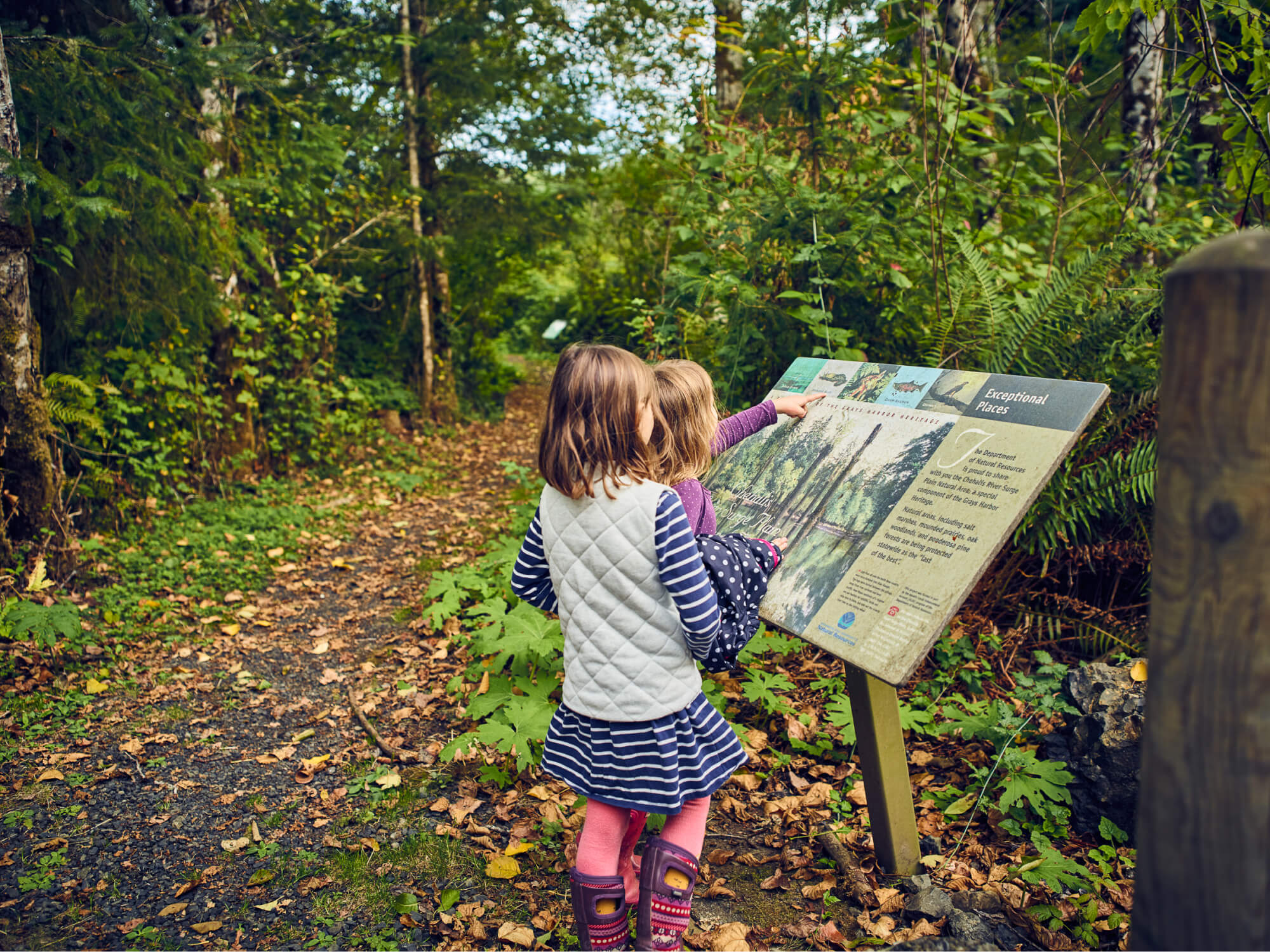In the remote northeast corner of Washington, Big Sheep Creek snakes its way out of the Monashee Mountains and winds through a wide valley of conifer forests, meadows and wetlands rich with wildlife. Rare redband and bull trout inhabit the creek, and the gentle, fertile terrain of the river valley makes it the region’s prime migration route for large mammals moving north and south between Canada and the United States. Moose, caribou, grizzly bear, Rocky Mountain elk, mountain goat and bighorn sheep all move regularly through the area. The valley is also home to rare predators like Canada lynx and wolverine.
With the goal of restoring and preserving over four miles of high-quality wetlands and riparian habitat in the Big Sheep Creek drainage, Western Rivers Conservancy is working to purchase 2,400 acres of land along Big Sheep Creek and American Fork Big Sheep Creek. This spring, we took the first step, signing an agreement to purchase the initial 1,000 acres.
The land we are working to conserve, known as the Bennett Meadows Tract, is surrounded by Colville National Forest and provides essential habitat connectivity for imperiled Canada lynx moving between British Columbia’s Kettle Mountains and the Washington Cascades. The parcel also includes home range for over half the grizzly population in Washington. The area’s small streams, ponds and wetlands offer prime habitat for carnivores both large and small, making the property essential to these animals and their movement throughout the region.
In addition to its importance for fish and wildlife, the land also includes a stretch of the Pacific Northwest National Scenic Trail, which runs through the southern area of the property. Acquiring the remaining 1,400 acres will place a unique section of this scenic trail into public hands. It will improve wildlife viewing opportunities and help ensure this recreational treasure remains intact and open to the public forever.
From WRC's Riverlands newsletter


